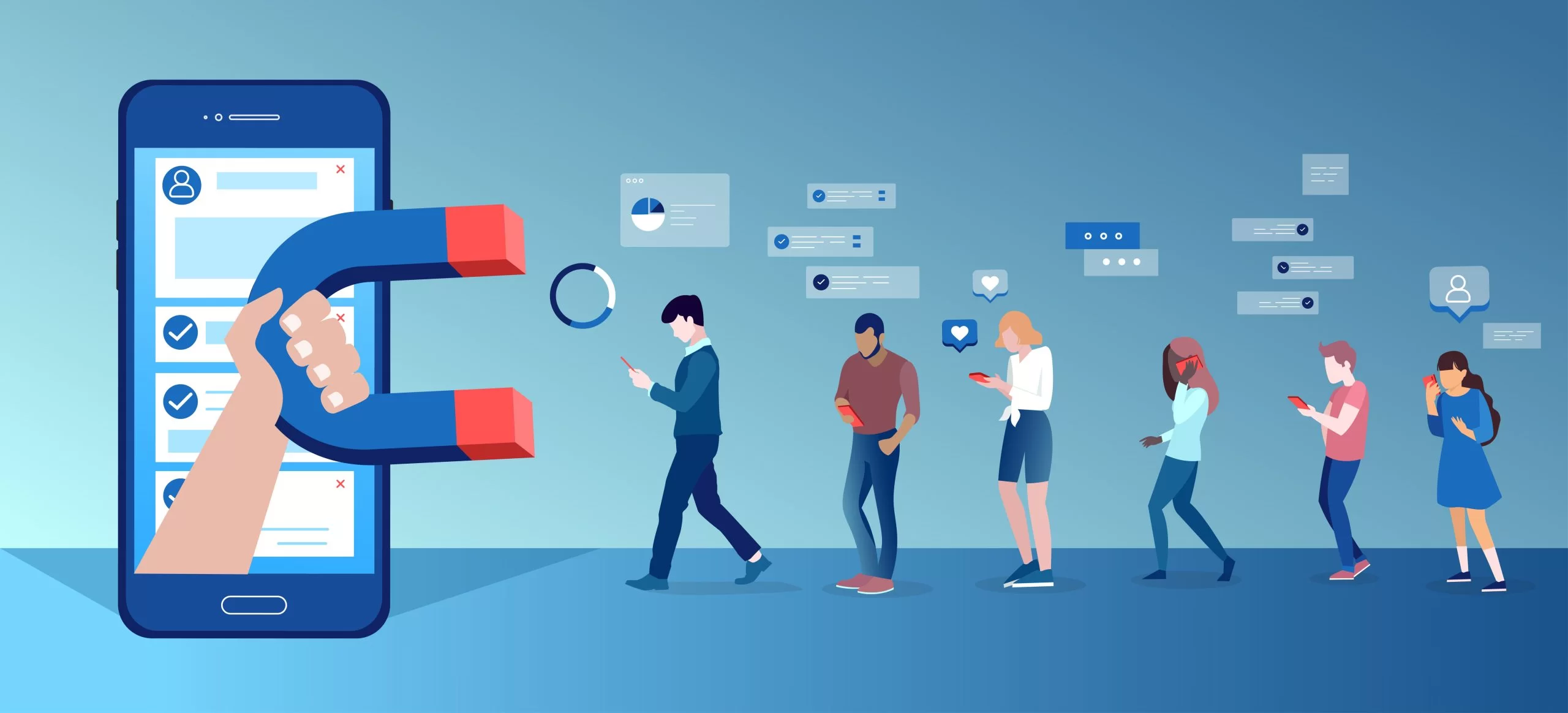Personalization is more than a buzzword. It’s the key to delivering a tailored and memorable customer experience. It’s also a strategic imperative if you want to make deeper connections with your audience.
Most brands are sitting on a gold mine of valuable customer information. Leveraging data analytics and artificial intelligence will yield insights into customer behaviors, preferences and purchasing patterns. More than three-quarters (78%) of businesses say that first-party data is the most valuable source for personalization. Using data that you gather directly from consumers will give you more than just precise targeting. It will create a truly personalized experience, ensuring that every interaction adds value to the customer’s journey.
Enhance Customer Experience
Research shows that 71% of consumers expect companies to deliver personalized interactions, and 76% are frustrated when this doesn’t happen. Here are four ways to deliver on what customers are looking for from brands:
- Go beyond sending reminders of what they haven’t purchased and make additional recommendations based on previous browsing or purchases. Say a customer adds items to their cart from your online store but doesn’t complete the purchase. Rather than sending a generic reminder email, increase the chances of conversion by using data from their browsing history and past purchases to reach out with other relevant products.
- Optimize the timing of ads. Monitoring customer behaviors, patterns and habits over time will reveal the sweet spot of serving ads or sending emails to maximize engagement and desired actions. For example, if your data shows your customers tend to browse on their lunch breaks, try scheduling ad campaigns or email sends between 11:30am and 1pm. By aligning your outreach with their natural rhythms and routines, you’ll have a better chance of capturing their attention when they’re most receptive.
- Send notifications of relevant events or when items they were interested in are back in stock. If your brand is introducing a new product line or recipe, send personalized communication to relevant segments of your audience to pique their interest. Keeping them in the loop shows your attentiveness and fosters a sense of exclusivity, which will encourage repeat business and brand loyalty.
- Create a frictionless experience for consumers by demonstrating that you know who they are and what interests them, across online and offline experiences. Picture this: a customer explores your online catalog and searches for specific products. Later they reach out to your sales team for more information or to place an order. By integrating data from their online activity, your sales representatives can tailor their recommendations and service to match your consumers’ needs.
Increase Engagement and Conversion Rates
Personalization transforms customers’ brand interactions from generic to meaningful, fostering loyalty and repeat business. After a personalized experience, more than half (56%) of consumers say they’ll become repeat buyers, up 7% from 2022. Business leaders have taken note, with 80% reporting that their consumers spend about 38% more on average when their experience with the brand is personalized.
A Final Piece of Advice
With data breaches and privacy concerns making headlines, brands need to be transparent about their data collection practices and understand consumer privacy concerns. Just over half (51%) of consumers trust brands to keep their personal data secure and use it responsibly. Data privacy policies like General Data Protection Regulation (GDPR) and California Privacy Rights Act (CPRA) are forcing brands to get serious about user privacy and data protection. Following the regulations means building consumer trust; ignoring them means risking massive fines. And as Apple’s IDFA deprecation changes, advertisers must adopt privacy-centric strategies that respect user consent and preferences.
While segmentation will always be important, personalization could be the linchpin for your brand’s success. The challenge is to find the right balance between personalization and privacy, respecting consumer boundaries while delivering valuable and highly relevant experiences. The right agency can help you make it happen.
Amplify your impact in the age of individualized experiences with personalized marketing. Your audience is unique—shouldn’t your marketing be, too? Let’s get personal. Reach out to David Melnick at [email protected] or 410.336.1000.
Sources:
- https://www.mckinsey.com/featured-insights/mckinsey-explainers/what-is-personalization
- Twilio Segment, The State of Personalization 2023
